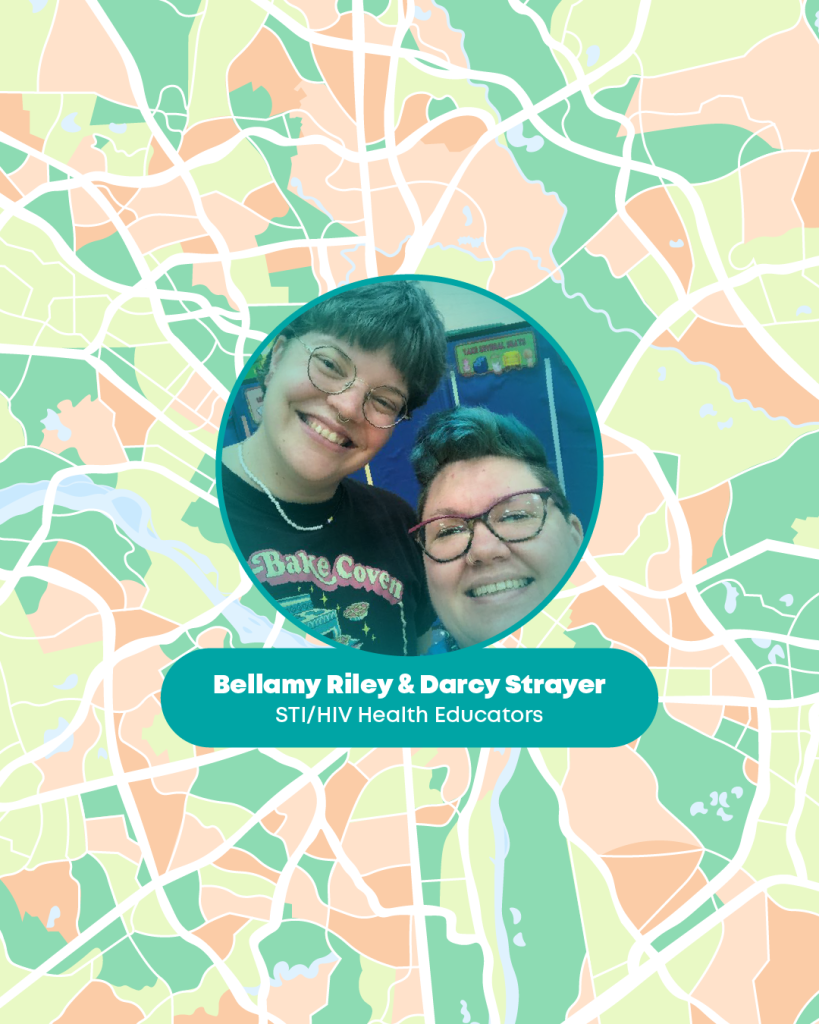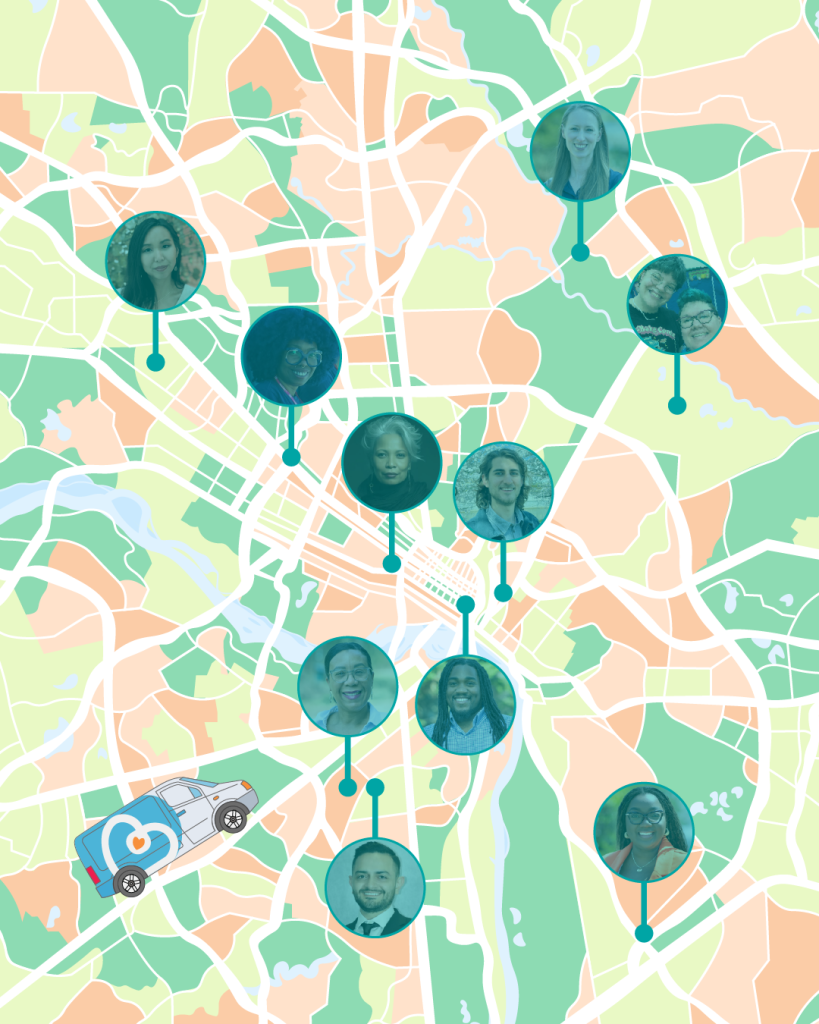RICHMOND, Va. — Today the Richmond Health Equity Fund (HEF) announced nine newly funded projects and promoted an open application period for further investment to improve health outcomes for priority populations in Richmond. The announcement came from Mayor Danny Avula, members of city council, Richmond and Henrico Health Districts (RHHD), and RHHD’s nonprofit partner, the Richmond and Henrico Public Health Foundation (RHPHF) which administers the HEF. These announcements were made at a press conference on Tuesday, March 18 at ChildSavers in Richmond.
To date, the HEF has designated more than $3.8 million – including $519,276 in new funding – to nine community organizations announced today providing services in the following areas:
Access to Healthcare and Education Resources
- Hitting Cancer Below the Belt
- Sacred Heart Center
- Chronic Disease and Underlying Health Conditions
- We Off the Couch
Food Access and Security
- Mutual Aid Disaster Relief Richmond
- RVA Community Fridges
Maternal and Child Health
- Family Lifeline
- Mental and Behavioral Health
- ChildSavers
- Women Can Inspire Foundation
Substance Use Prevention, Treatment, and/or Recovery
- Atlantic Outreach Group
The Richmond Health Equity Fund (HEF) is now accepting applications for its 2025 funding cycle. The application period will remain open until March 30. Single organizations or collaboratives that are interested in applying for an HEF investment can submit applications online via the REDCap survey platform or by visiting the Richmond and Henrico Public Health Foundation (RHPHF) website: https://rhphf.org/health-equity-fund.
The Richmond Health Equity Fund invests in community-led programs, initiatives, and leaders to improve health and quality of life in communities experiencing deep health disparities and the longstanding impacts of racism.
In October 2021, the City of Richmond established the Health Equity Fund to focus on key areas of health disparity through an initial investment of $5 million from federal in American Rescue Plan Act funds. Since then, the HEF has diversified its funding sources to include City of Richmond non-departmental funding and investments from The Community Foundation, The Bob and Anna Lou Schaberg Foundation, Atlantic Union Bank, The Dominion Charitable Foundation, and Robins Foundation.



